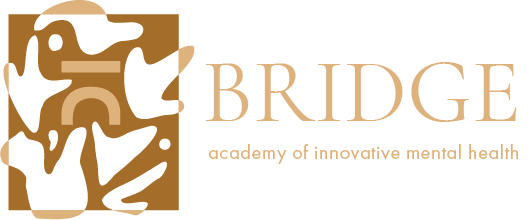Write your awesome label here.
Presented by Richard Q. Shin, Ph.D., University of Maryland College Park
Write your awesome label here.
Continuing Education
Learning Objectives
Write your awesome label here.
Dr. Richard Q. Shin
Dr. Richard Q. Shin (he/him) is an associate professor in the Counseling, Higher Education, and Special Education department in the College of Education at the University of Maryland, College Park. He is the coordinator of the School Counseling program and holds affiliate appointments in Counseling Psychology, Women, Gender, and Sexuality Studies, and Asian American Studies. Dr. Shin is also a Core Research Scientist in the University of Maryland Prevention Research Center. His scholarly interests are primarily focused on how systemic, institutionalized forms of discrimination like racism, sexism, classism, heterosexism, ableism, and cissexism are perpetuated by mental health professionals in subtle and overt ways.
Dr. Shin is a leading social justice scholar in the counseling and psychology fields. His article, "Is Allison more likely than Lakisha to get a call back from counseling professionals: A racism audit study" was the first study using audit methodology to be published in counseling psychology. Dr. Shin also published the first content analysis in psychology on the intersectionality framework, as well as developed a comprehensive measure of critical consciousness. Dr. Shin's teaching, research, and consulting are guided by a commitment to create a more just and equitable society for devalued and marginalized groups.


